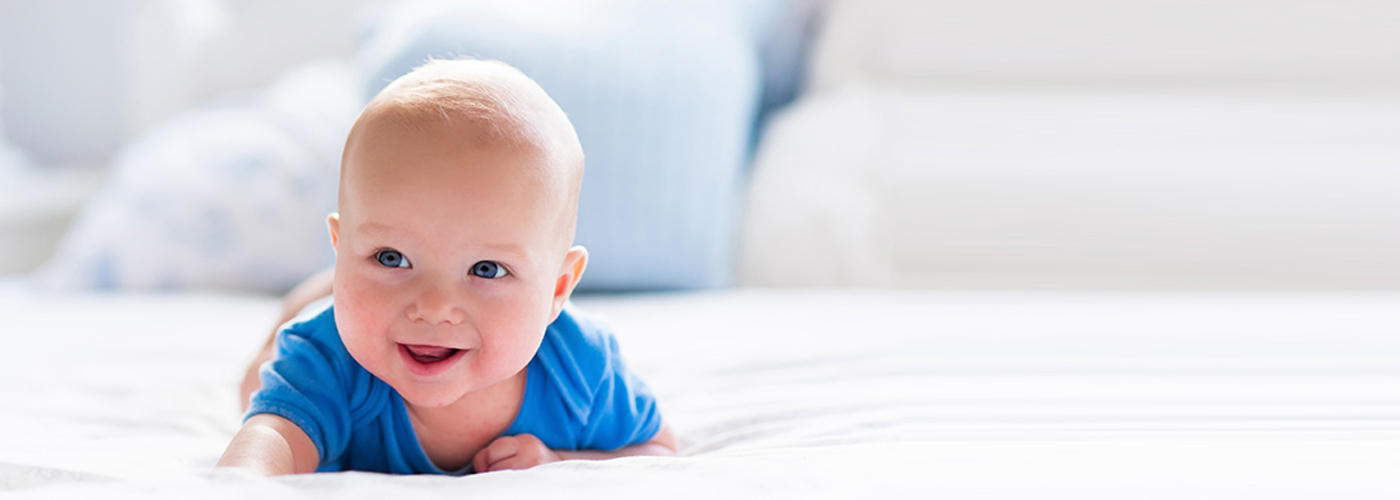It is the ideal course to learn the basics of the Montessori method during the first 3 years of life. During 20 hours distributed, this training addresses different contents of Montessori pedagogy, which can also be implemented at home.
Aspects such as the absorbing mind and sensitive periods, the role of the adult, the first prepared environments: the Nido and the children’s community, will be the main contents of this introductory online course.
- 100% online training
- Without schedules, sign up and start now!
- Up to 45 days to complete the course
- IMI Certificate, accrediting 20 hours of training
MONTESSORI COURSES FOR THE 0-3 YEARS STAGE
MONTESSORI COURSES FOR THE 0-3 YEARS STAGE
Objectives
HISTORICAL CONTEXT
BASIC ELEMENTS
CHILD DEVELOPMENT
WORK AREAS
GUIDELINES
MAIN ASPECTS
Information
- Teaching team with great knowledge and international experience in Montessori classrooms.
- Didactic material: in our virtual campus you will find theoretical and practical content and videos.
Dr. Maria Montessori stated that education is an aid to the development of life from birth and that the experiences of the early years determine the future adult. This is reflected in one of his best known phrases: the child is the father of man.
Her main contribution to pedagogy was to discover the secret of childhood, that is the potential of the child and his ability to learn without effort, to build and adapt to the historical moment and the environment that surrounds him.
This approach also emphasizes that the only way to achieve social transformation is to educate for peace, which begins with understanding the needs of the child and meeting them with respect; furthermore, it favours a harmonious coexistence between the child and the adult.
The Montessori method has been practiced successfully for over a century, in different cultural and social contexts; neuroscience and other related disciplines continue to confirm their scientific basis day after day.
The preparation of adequate spaces in the family and school environments allow children between the ages of zero and three to establish a solid foundation for their optimal motor, cognitive, emotional and social development.
Understanding the needs of the child and meeting them with respect; furthermore, it favours a harmonious coexistence between the child and the adult.
Montessori philosophy I
- Historical context of Maria Montessori, origin and scope of the method.
- The educational principles discovered by Maria Montessori.
- Planes of development.
- Human tendencies.
- Absorbent mind
- Sensitive periods
Montessori philosophy II
- The influence of order in the life of the child.
- The conquest of independence.
- Movement development.
- Oral language development.
The role of the adult
- Considerations on the role of the adult.
- The importance of observation.
- Childcare.
Prepared environment: the Nido
- Characteristics of the prepared environment.
- Tips for organising the environment at home.
- Nido work areas: the space for the little ones: Movement, Language, sensorial and cognitive.
- Examples of nursery activities.
Prepared environment: the children’s community
- Space organisation for walkers.
- Work areas in the Children’s Community: Movement, Language, Sensorial, Practical Life.
- Examples of activities for El Nido and the Children’s Community.
Montessori and Neuroscience
Interest in the Montessori Method is growing both among education professionals and among families, as it focuses on improving the education of children.
This course has been specially designed to learn how to apply the method in areas such as: schools, toy libraries, nurseries or even at home.
This course is aimed at:
- Teachers
- Professionals interested in early childhood education
- Homeschooler families (homeschooling)
- Educators for toy libraries
- Educators specialized in Special Educational Needs
- Grandparents, families and any other professional profile interested in this stage of development
- Psychologists, Speech Therapists, Pediatricians, Therapists, Neurologists
- Parents
- Babysitter
- Other educational environments
- Any professional interested in educational innovation
Once the course and the activities proposed for each module have been completed, the student will receive a Digital certificate of achievement and completion of the course, issued by the International Montessori Institute, official Montessori pedagogy training center.
Registering for the course is very simple, you must click on the “Take this Course” button that you will find under the course title.
Once this is done, the shopping cart will appear with the course you have chosen, and you must click on “Proceed to checkout”, or continue browsing our website to add new courses to your cart.
The next step will be to fill in the form with the billing information and choose the payment method: by card or Paypal, and click on “Place order”.
After the registration process, you will automatically receive a welcome email, which will include your access codes so that you can start the course. Remember that you have up to 30 days to complete the course.
Remember that after reading or viewing the content of the lessons you must press the “Completed” button, and thus proceed to the next topic.


